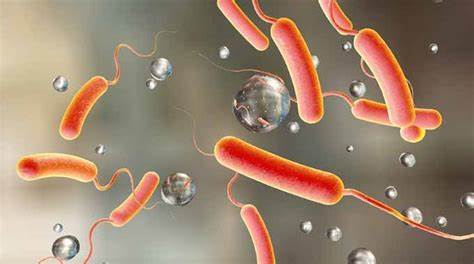adverts
The Ashanti Region has reported its first five confirmed cholera cases, spanning three districts, as of December 28, 2024. Sekyere South District leads with three cases, while Kumasi and Bekwai have recorded one case each.
Out of 28 suspected cases in the region, laboratory tests confirmed five positives. The region becomes the latest to be affected by a nationwide cholera outbreak that has seen 4,155 suspected cases and 35 deaths since October 2024.
The Ashanti Regional Health Directorate has escalated its response to contain the outbreak. An emergency meeting at the Public Health Emergency Operations Centre brought together key stakeholders, including representatives from the Food and Drugs Authority (FDA), environmental health officers, and district health directors.
adverts
The following measures have been implemented:
- Disinfection of homes belonging to confirmed cases.
- Isolation and contact tracing of affected individuals.
- Enhanced surveillance to detect and manage new cases promptly.
- Community mobilisation, including the activation of public health emergency committees in affected areas.
Dr. Fred Adomako-Boateng, the regional health director, emphasised the importance of swift action. “We are committed to containing the spread of this outbreak. Public cooperation is crucial in this effort,” he said.
An initial assessment of affected areas in Sekyere South and Bekwai revealed that confirmed cases were concentrated in specific communities. Investigators noted that none of the affected individuals were users of public restrooms, prompting concerns over water sources and sanitation practices.
The Ashanti Region joins the Western, Greater Accra, and Central Regions in battling the outbreak, which began earlier this year in the Western Region, where over 100 cases and 15 deaths were reported.
Nationwide, health authorities are grappling with the disease’s rapid spread, driven by poor sanitation and limited access to clean water.
The Regional Health Directorate has intensified public education campaigns on cholera prevention, urging residents to adopt the following measures:
- Use treated or boiled water for drinking and cooking.
- Wash hands with soap under running water regularly.
- Practice proper waste disposal and maintain good sanitation habits.


